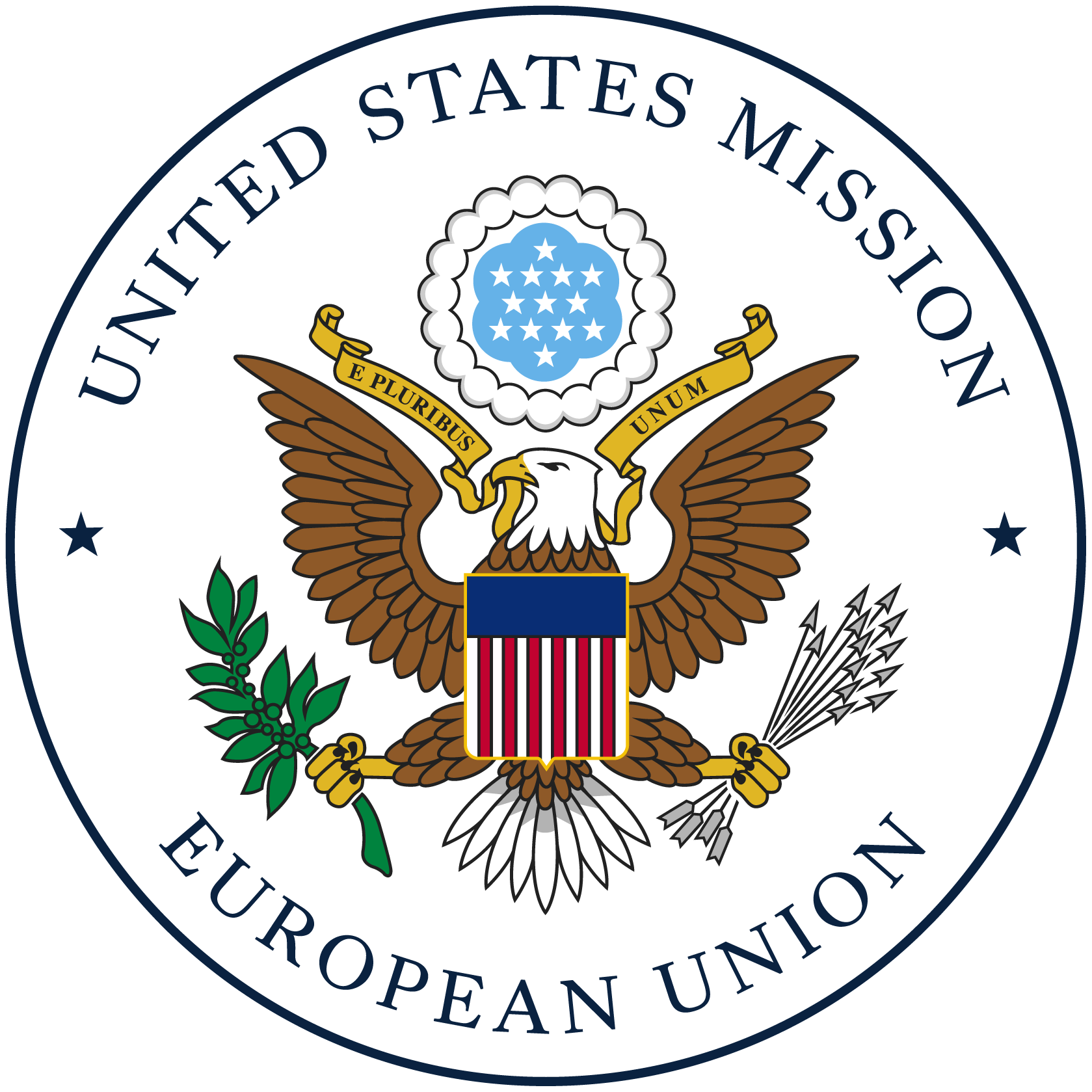The EU has developed an integrated approach to food safety covering all sectors of the food and feed chain, with traceability and the precautionary principle as basic concepts. Foods imported from third countries have to provide the same food safety level as EU produced foods.
EU framework regulation
Regulation (EC) No 178/2002 of the European Parliament and of the Council lays down the general principles and requirements of EU food law; establishes the European Food Safety Authority; and, lays down procedures in matters of food safety.
The regulation explicitly takes account of the “precautionary principle” as described in the Communication from the Commission on the Precautionary Principle and sets out general provisions for imposing traceability on food. It defines traceability as the ability to trace and follow food, feed, and ingredients through all stages of production, processing and distribution.
The regulation also provides the framework for Community responses to food safety risks, in which the Rapid Alert System for Food and Feed (RASFF) is an important communication tool. Further guidance to the legislation, including on the traceability provisions for imported food, has been published in the Guidance Document on the Implementation of the General Food law.
European Food Safety Agency (EFSA)
The main responsibility of the European Food Safety Authority (EFSA) is to provide independent scientific advice for EU legislation and policies in all fields that have an impact on food and feed safety and communicate on risks in the food chain to the general public. EFSA is primarily a scientific risk assessment body while risk management and decision-making remains the domain of the EU’s institutions: the European Commission, the Council and the European Parliament. Enforcement of rules, including recalls is still in the Member States’ hands.
Specific food and feed legislation
The EU has developed specific food and feed legislation in the following main areas: animal nutrition, food labeling and nutrition, biotechnology, novel foods, contaminants, residues and food contact materials, food hygiene, additives. The European Commission’s DG SANTE website has extensive information on all of these categories of legislation. Information pertaining to the exports of U.S. agricultural products can be found in the section EU Import Entry Conditions.
Food and Feed Controls
Regulation (EC) No 882/2004 was repealed and replace by Regulation (EU) 2017/625 of the European Parliament and of the Council of 15 March 2017 on official controls and other official activities performed to ensure the application of food and feed law, rules on animal health and welfare, plant health and plant protection products, amending Regulations (EC) No 999/2001, (EC) No 396/2005, (EC) No 1069/2009, (EC) No 1107/2009, (EU) No 1151/2012, (EU) No 652/2014, (EU) 2016/429 and (EU) 2016/2031 of the European Parliament and of the Council, Council Regulations (EC) No 1/2005 and (EC) No 1099/2009 and Council Directives 98/58/EC, 1999/74/EC, 2007/43/EC, 2008/119/EC and 2008/120/EC, and repealing Regulations (EC) No 854/2004 and (EC) No 882/2004 of the European Parliament and of the Council, Council Directives 89/608/EEC, 89/662/EEC, 90/425/EEC, 91/496/EEC, 96/23/EC, 96/93/EC and 97/78/EC and Council Decision 92/438/EEC (Official Controls Regulation). It sets out the respective responsibilities of the Member States’ competent authorities and the Commission. Related information on inspection fees and reference laboratories is available from the European Commission’s DG SANTE website. At a more detailed level, DG Health and Food Audits and Analysis is the Commission’s auditing body in the food safety area.

